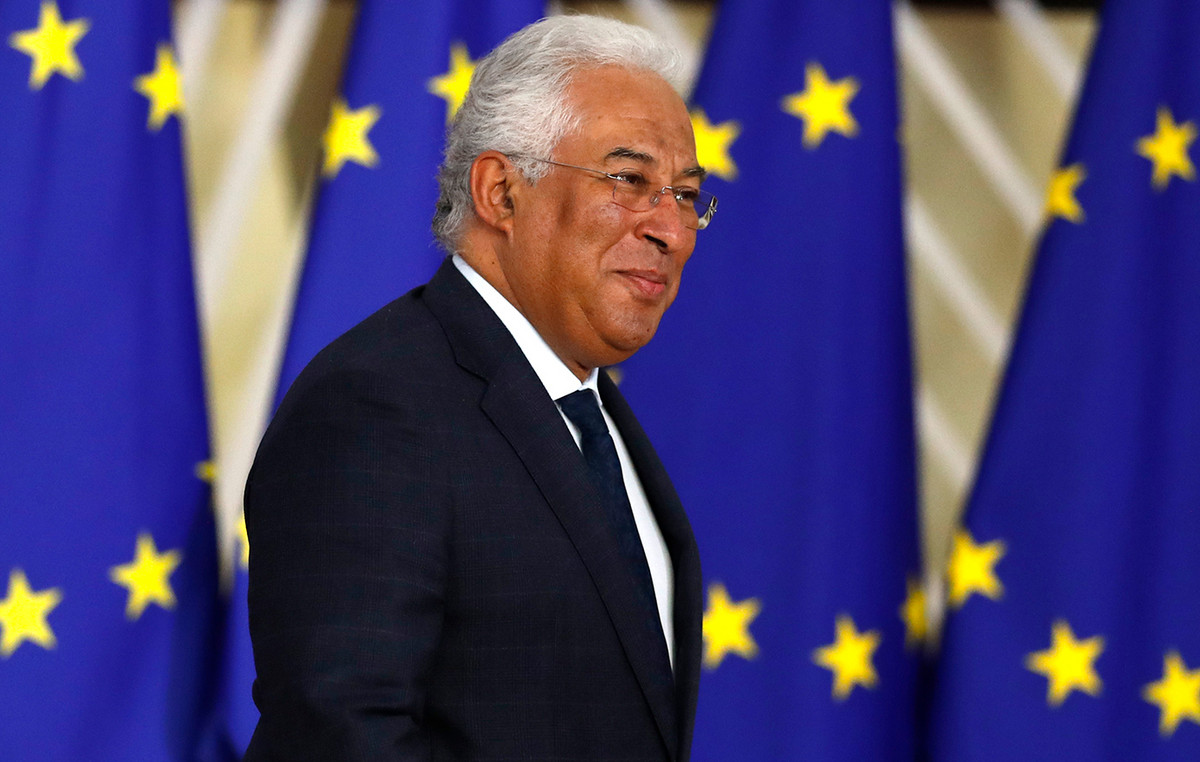Emerging markets are heading for the worst first-half performance in 24 years as investors worry about high inflation and a possible blow to the global economy from tightening monetary policy, according to Bloomberg.
The MSCI Emerging Markets Index has fallen about 17% this year, recording the second largest drop in the first half since 1993 based on available data. The index slipped more than 20% in the first six months of 1998, when the Asian financial crisis shook markets. A few months later, Russia defaulted on its domestic debt. Moreover, Moody’s credit rating agency considers now that the Russian Federation has declared a moratorium on payments on its foreign public debt. The house explained in a statement that it ended up in this crisis because Moscow did not repay interest on two government bonds, after the expiration of the thirty-day grace period yesterday Monday.
Once again, many clouds are above the assets of developing countries: There are fears that the US Federal Reserve’s aggressive rate hikes to curb US inflation could lead to the world’s largest economy in recession, thus affecting emerging markets. It is noted that Russia (yesterday) defaulted its foreign debt for the first time in a century and China continues to impose strict lockdown measures due to coronavirus.
“It is clear that higher US interest rates, the strength of the US dollar and high fuel and food prices are a toxic mix for poor, over-indebted emerging markets, although much of that risk has already been absorbed by markets that have affected, “said Hasnain Malik, a strategic analyst at Tellimer in Dubai.
The MSCI Emerging Markets Index has fallen over the last four quarters, marking its biggest loss since 2008 and is now trading around 11.9 times its expected earnings, moving closer to its lowest valuation since March 2020, at the start of the pandemic.
Despite these cheaper valuations, adverse conditions persist, said Marija Veitmane, senior strategic analyst at State Street Global Markets. “Global financial conditions are shrinking, which” drains liquidity from financial markets and makes it less likely for investors to try to seek opportunities in risky emerging markets, “he said.
State Street is also worried about corporate earnings prospects in developing countries, given the threat of a recession due to interest rate hikes by central banks.
“We continue to see a difficult environment for emerging economies stocks for the second half and therefore we would suggest a higher degree of selectivity when investing in these markets,” said Leonardo Pellandini, strategic analyst at Bank Julius Baer.
JPMorgan Chase & Co. she is more optimistic. Strategic analysts led by Marko Kolanovic expect emerging market stocks to outperform developed stocks in the second half, forecasting a 20% rise from current levels at MSCI Emerging Markets by the end of the year.
Source: Capital
I am Sophia william, author of World Stock Market. I have a degree in journalism from the University of Missouri and I have worked as a reporter for several news websites. I have a passion for writing and informing people about the latest news and events happening in the world. I strive to be accurate and unbiased in my reporting, and I hope to provide readers with valuable information that they can use to make informed decisions.







